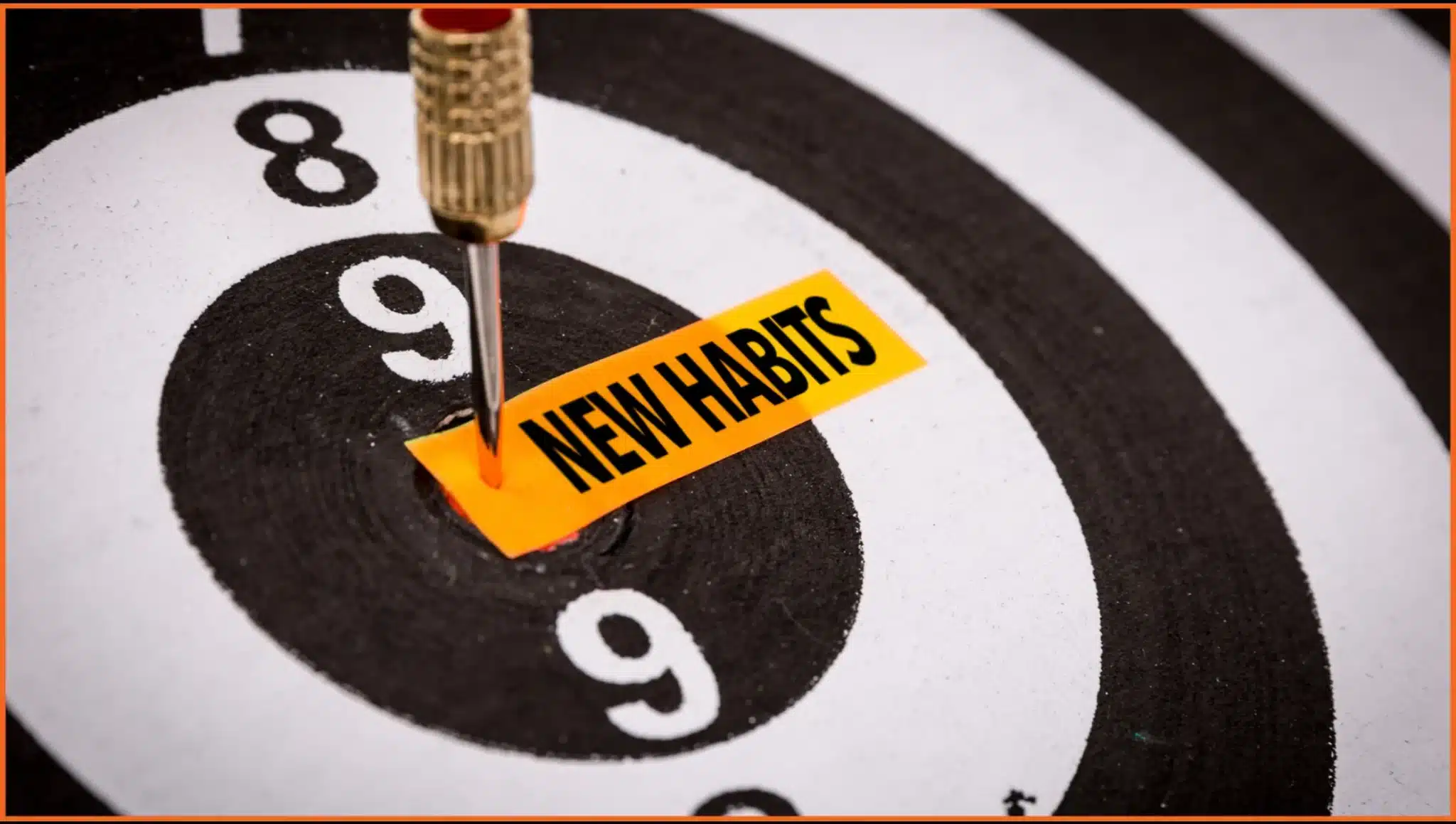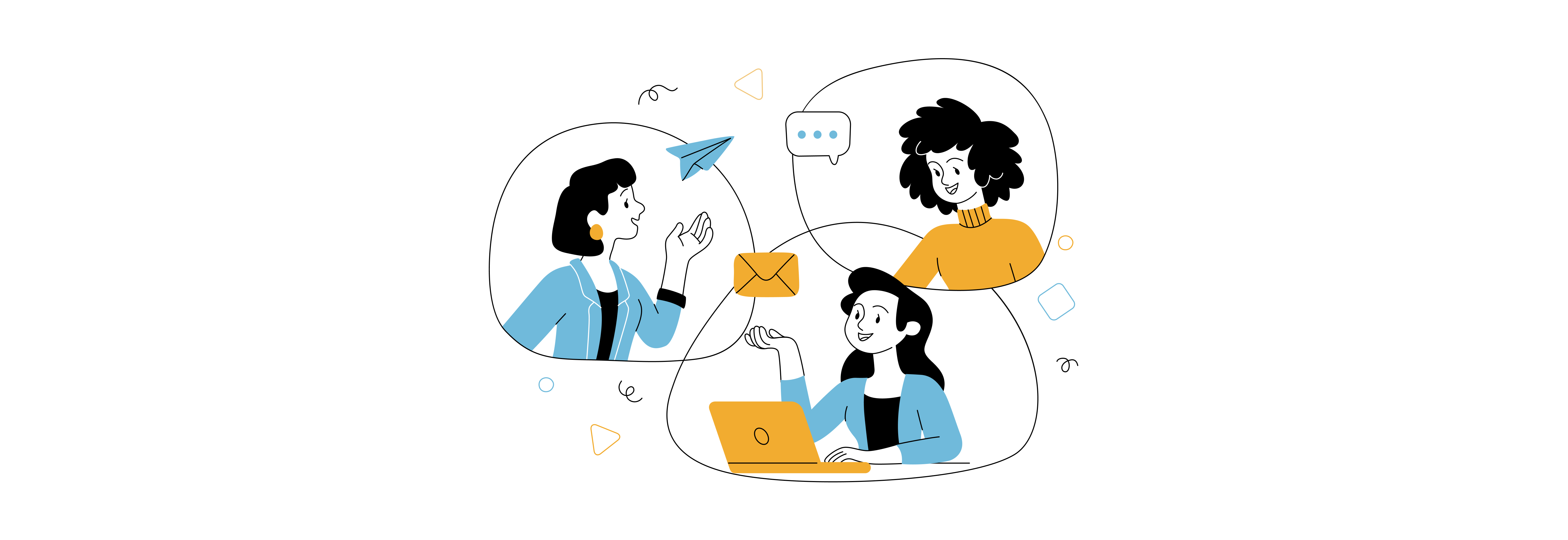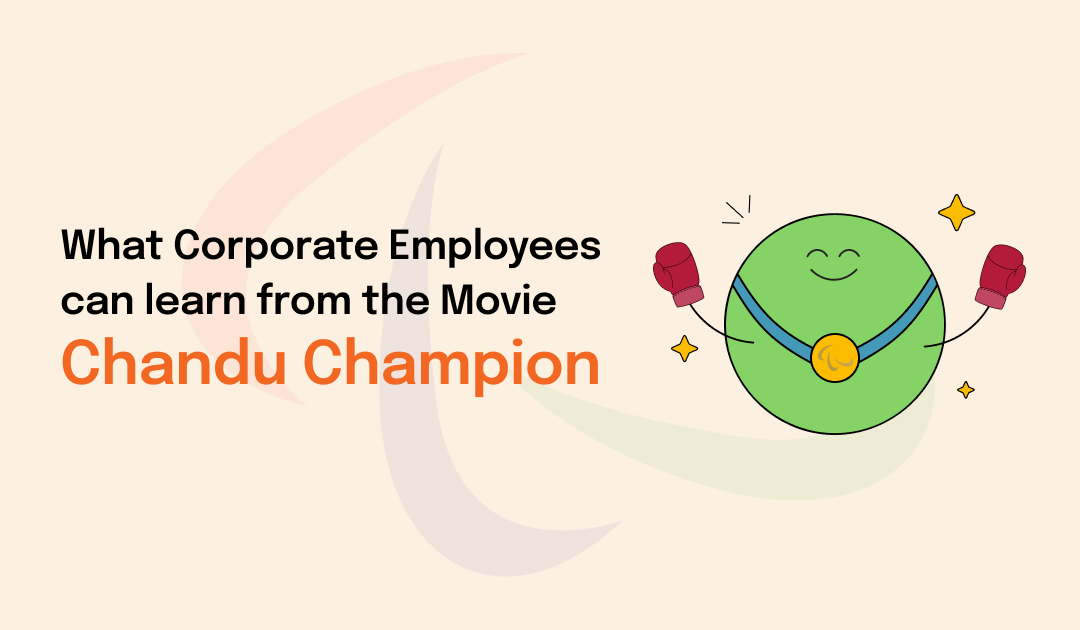On a sunny winter morning, I was going through my office library when I came across a book with the most interesting title – “Whatever you think, think the Opposite” by Paul Arden. My curiosity got the better of me as I skimmed through the chapters. Those who have read it, would know how short the stories and anecdotes are. Thus, initially I thought it’s not a serious business book. I only read couple of the stories before keeping it back. But on my drive back home, I started to ponder over the chapters I had read. And I realised, both the chapters were indicators. Indicators to something. But, what exactly?
There are times when a story, a book stays on your mind long after you have read it. (A great example being“And the mountains Echoed”). They expose us to things we thought weren’t possible. They make you question everything around you. This book, is one of those experiences. It is a reminder to think differently, to be open to the idea of looking at things from a different perspective. The book talks about
‘Why unreason is better than reason?’
Short chapters that brilliantly portray the importance of taking ‘wrong’ decisions. The best way to read this one is to take one chapter at a time. Each chapter requires reflection and introspection before you can move on. Instead of the usual self-help narrative, this book stands out with its daring quips and a change of perception. It can help re-define ‘common sense.’ The book leaves you feeling a certain way and the best way I can describe it would be in Javed Akhtar’s immortal words –
क्यों डरें ज़िन्दगी में कल क्या होगा
कुछ ना होगा तो तज़रूबा होगा
While reading the book, I was also taking notes to select the best chapters and the most hard-hitting concepts. After arduous screening, I came up with 13 points which really challenged my intellect and thought process. In a funny way, it is safe to say this book is a collection of corporate memes. I’m hoping this blog can highlight the ideologies mentioned in the book and prove useful to you, the reader.
About the Book
Table of Contents
At first glance, Whatever You Think, Think The Opposite doesn’t read like your typical leadership book. There are no lengthy theories or complex frameworks. Instead, it’s a collage of short stories, quotes, illustrations, and cheeky one-liners — all pointing toward one message: To succeed, sometimes you need to break the rules.
Paul Arden, a former Executive Creative Director at Saatchi & Saatchi, uses his advertising background to inspire bolder decision-making. While it may seem like a creative’s manifesto, we’ve found that this book has a lot to offer L&D professionals, HR teams, corporate trainers, and business leaders who are responsible for developing future-ready teams.
Why This Book Matters in the Corporate World
In our experience working closely with leaders, managers, and learning professionals across industries, one truth becomes apparent: the ability to challenge the status quo is often what sets great teams apart. And that’s exactly the core philosophy of this short, powerful book by Paul Arden — Whatever You Think, Think The Opposite.
The book makes a compelling case for embracing unconventional thinking. It challenges leaders to break free from routine, structured patterns and explore what might happen if they did the opposite. This isn’t just about creativity. It’s about agility, resilience, and growth mindset — all core competencies in today’s corporate ecosystem.
13 Corporate Lessons from the Book
We’re taking a fresh look at Arden’s most thought-provoking ideas — with real implications for leadership, team development, and corporate training programs.
1. Photographic Flower
Lesson: Don’t just celebrate success; talk about the failures too.
In leadership training programs, we often encounter leaders who are conditioned to showcase only their best side. But in our sessions, we encourage them to talk about failed projects and setbacks. That’s where the real learning lies. Vulnerability is not weakness; it’s authenticity — a trait that strengthens trust and collaboration in teams.
2. Trapped by Sensible Decisions
Lesson: Risk-aversion kills innovation.
In many corporate training conversations, we find managers hesitant to act without data. While that’s often necessary, it can also lead to analysis paralysis. Arden’s message? Trust your gut once in a while. Leaders with a strong sense of vision combine data with instinct.
Related Read: How A Visionary Leader Can Enable Innovation?
3. Are You Being Too Reasonable?
Lesson: Reasonable people build stable systems. Unreasonable ones drive transformation.
Developing leadership capacity requires teaching emerging leaders when to challenge existing norms. As part of leadership development training, we include reflection exercises that ask: “What belief or system do you need to unlearn to grow?”
Most people are reasonable, that’s why they do reasonably well.
It is said that ‘old golfers seldom win.’ Why? Because their experience makes them paranoid. They take decisions very carefully based on their past games. What happens if something goes wrong? For them there are a lot of things at stake, including their eminence. It makes them extra cautious.
But, here’s the twist – why not to go play for the fun of it? No one knows what’s going to happen. At least have fun while at it. One of my most favourite lines from the book goes –
“Knowledge makes us play safe, the secret is to stay Childish.”
Related read: How To Nurture Growth Mindset In Your Organisation?
4. Ask for the Slap
Lesson: Seek uncomfortable feedback.
In our corporate workshops, one of the key modules is on giving and receiving feedback. Arden suggests you actively ask for feedback that stings — because that’s where the growth lies. We’ve seen managers evolve significantly when they’re coached to embrace critical input with curiosity rather than defensiveness.
Related read: Giving Feedback
5. Work Backwards
Lesson: Start with the goal, then design the journey.
This is one of the foundational techniques we use when conducting a strategic planning retreat. Leaders are asked to envision the ideal future scenario for their team, and then identify the reverse path to reach it. This vision-backward approach often brings more clarity and alignment than traditional linear planning.
Related read: Translate Your Vision Into Reality
6. No One But “I”
Lesson: Your ego can drive performance — if used wisely.
While the term “ego” has a negative connotation in corporate culture, we believe it’s all about self-awareness. As a corporate trainer, you want your participants to take pride in their work, set high standards, and be driven by a purpose. Ego isn’t the enemy — mismanaged ego is.
“Ego Trip – A journey to nowhere”
“Egotism is the anaesthetic which nature gives us to deaden the pain of being a fool.”
“The smaller the mind the greater the ego “
The list is endless! If you were to search on Google, there are innumerable quotes on Ego and the negative connotations attached to it. Paul Arden puts it across brilliantly –
“It is fashionable statement for so-called people to try and lose their ego.”
Their is obviously a reason as to why ‘Ego’ exists. I feel that my ego gives me a push to be better every next day. Ego arouses a sense of competition. And that can’t be bad. Let’s put our ego for a good use rather than denying its existence, completely.
7. What is a ‘Meeting?’
Lesson: Strip meetings of fluff and get to real outcomes.
As facilitators, we’ve conducted hundreds of leadership team meetings and business strategy sessions. One principle we always emphasize is: less talk, more action. Remove the chairs. Break up into small groups. Make meetings about decision-making, not just information-sharing. That’s how you create efficient meetings.
Related Read: 5 Tips for Facilitating Large Group Meetings
8. There’s no such thing as ‘First Love’
Lesson: Initial discomfort is not a sign of failure.
When we began conducting virtual workshops post-2020, participants initially found them unfamiliar or even awkward. But over time, they adapted — and loved it. This reminds us to give new formats and ideas time to evolve.
Related Read: 20 Ideas To Break Out Of Your Comfort Zone
9. Wish v/s Want
Lesson: Commitment beats wishful thinking.
Wish is a strong urge or strong desire. It’s a feeling. It does not automatically represent that we can go to any distance to achieve something. ‘I wish’ means – ‘Wouldn’t it be nice if…?’ Where as ‘Want’ means ‘I’ll do anything to get it. I will go any distance to get it. I will work for it.’
You can “wish” for your life to be different or you can take an unsafe decision, because you “want to!”
In coaching sessions, we often ask participants to replace “I wish” with “I will.” This linguistic shift triggers a mindset of accountability and action — a core principle of effective corporate training.
10. It’s your Work/Life
Lesson: Take ownership of your journey.
Take charge to make sure things go your way. Be your own critic. Every time we fail, as humans we have a tendency to shift blame onto something else, someone else. Try not to give in to that urge. Accept failure and take responsibility. People will appreciate this and you will also realise your true potential and capability.
We encourage every leader to build their own individual development plan. Waiting for someone else to “develop you” isn’t a growth mindset. This book echoes that sentiment strongly.
Related Read: Why Ownership Matters? Part 1
Related Read: Why Ownership Matters? Part 2
11. Be Interested to be ‘Interesting’
Lesson: Listening builds trust.
Whether you’re a facilitator, manager, or team member — listening is your superpower. At FocusU, we stress the importance of listening in all our leadership training and team building programs. It builds psychological safety and meaningful relationships.
Related Read: Active Listening: An Underrated Skill Of 21st Century
12. What is a ‘Bad Idea?’
Lesson: Ideas must be tested, not judged in theory.
An idea can be defined as ‘a clear feasible solution to the problem.’ What may be a good idea to you, may not be appealing to other people. Ideas – good or bad, if not applied, are bound to go bad. Our organisation changed its path from to remote working. When people started to work remotely, spending their whole day in front of their computer screen – our biggest challenge was –
Why would they spend more time in front of the screen just for fun?
However, we took the chance and launched our virtual team building activities. To our pleasant surprise, the idea was very well received across the board! Within a short span of time, we had a lot of organisations coming onboard and requesting our services. A page in this very chapter also says that it is not good to have too many ideas. It’s too easy to move on to next one and next one. I happen to disagree with this. Every idea is a good idea. It just needs the right place to be implemented. So my suggestion would be to keep a note of it, and move along. It might surprise you.
During one of our brainstorming exercises with a client’s L&D team, a manager pitched what was initially labeled a “bad idea.” We tested it in a small group — and it became one of their most impactful employee engagement initiatives. Arden’s point is simple: try it before discarding it.
13. We Are Humans
Lesson: Mistakes are necessary. They drive growth.
We make mistakes. We may get criticised or receive severe backlash. We may feel we have let down some people. We may get judged. And that’s okay. After all, they are also humans.
Important thing is that we learn from it and work to become better version of ourselves. At FocusU, we strongly believe that
We tell participants in every session: You will make mistakes. That’s okay. What matters is what you learn from them. This philosophy — that “Fun is no enemy to learning” — is the bedrock of our approach to corporate learning and development.
Related Read: The Power of PLAY
“Fun is no enemy to learning!”
Final Thoughts: Why Should You Read This Book?
From an L&D perspective, Whatever You Think, Think The Opposite isn’t just a quirky creative book. It’s a powerful mindset-changer. It helps you question established norms, spark innovation, and cultivate personal leadership.
In our experience, using short stories like these in facilitator-led workshops helps corporate learners connect deeply with abstract concepts like risk-taking, creativity, and decision-making. The content aligns beautifully with modules on design thinking, agile leadership, and personal growth plans.
So if you’re an L&D leader looking for a fresh addition to your reading list — or even just a new way to provoke reflection in your next leadership session — this book might be worth your time.















